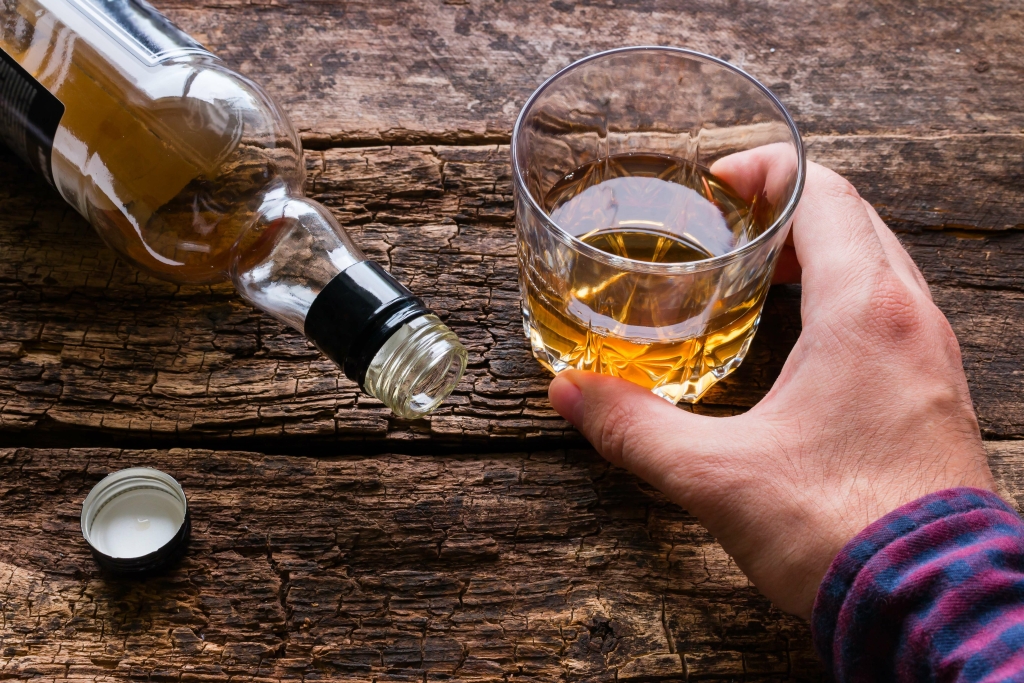Whether you volunteer to bring joy to those in need, practice kindness to someone you love or give generously without expecting to be repaid, these opportunities will fill you with joy. With gratitude on your side, you can be a positive force in the world. Gratitude isn’t just a nice thing to do — it’s a key component to long-term recovery. As you focus on being grateful even when things go wrong, you’ll find that there is still so much you can be thankful for. Happy people arguably have one thing in common — they are grateful for what they have on any given day.
Gratitude allows an individual to celebrate the present and be an active participant in their life. When we worry about relapse or feel resentment or other negative feelings creep in, it’s a great opportunity to cultivate gratitude. Gratitude can be an incredibly useful tool throughout your recovery. You’ll also notice the small improvements you make, the support you get from friends and family and the beauty of sober living. Furthermore, studies show that gratitude enhances empathy and reduces aggression towards others.
Gratitude Works for Everyone—Not Just Sober Folks
For many, our brains have been wired and become accustomed to thinking one way—often negative. Those with addiction issues, sometimes have maladjusted ways of thinking which become habits. These thoughts, as mentioned, can tend to be negative, always seeing what is wrong and what we don’t want. When you choose to think with a grateful mindset, you will improve your physical, mental, and spiritual health. All of which makes for a healthier, happier, and more fulfilled you.

For instance, rather than viewing relapse as a failure, you can see it as an opportunity to learn and grow. This perspective can help you stay motivated and committed to your recovery goals, even when times are tough. Other studies have also shown that practicing gratitude can lead to increased feelings of well-being and a more positive outlook in life.
Keep a Gratitude Journal
Recent studies display that writing just one gratitude letter a week for three weeks consecutively provides significant benefits for up to six months. Finally, gratitude has been linked to improved physical health outcomes such as better sleep quality and reduced inflammation. This suggests that being grateful not only improves our mental health but also has positive effects on our bodies.

Additionally, gratitude has been linked with increased resilience, better sleep, and improved physical and mental health. So, if you’re looking for a way to boost your recovery, start by practicing gratitude. Gratitude is a powerful force that can drive positive change in people’s lives. When we focus on what we are thankful for, it not only makes us feel good but also helps us to see the world in a more positive light.
Gratitude Is a New Way of Thinking, a New Way of Being
It is a complementary approach to addiction recovery that can enhance overall well-being and improve the chances of successful long-term sobriety. Gratitude is an emotion that carries immense power, capable of transforming individuals’ mental and emotional health. By cultivating a thankful mindset, people can observe the benefits that this emotion brings to their lives. importance of gratitude in recovery It can improve mood, boost self-esteem, and strengthen relationships. Daily Practices for Gratitude, including Journaling, are essential for those on the path of addiction recovery. Cultivating a thankful mindset can help people in addiction recovery to overcome negative thoughts and emotions, combat stress and depression, and find meaning and purpose in their lives.
Those suffering from addiction who enter a treatment program learn the importance of changing their perception of the world including practicing gratitude. Being grateful can motivate someone to take the actions needed to change their life. Practicing gratitude in recovery can help someone realize life’s difficulties can be faced with dignity.
Lifeskills Programs
You can be grateful for minor occurrences as long as they make you happy. Once you start paying more attention to the small details of your life and how they make you feel, gratitude will come more naturally and in abundance. Thankfully, nurturing a daily gratitude practice is simple, and it can be woven into your day-to-day life. It starts with a mindset shift, and a concerted effort to think more positively. Gratitude is also the antidote to negative thinking that reduces hope and happiness.
This will not only help you calm your mind but also find things to be grateful for you may overlook. Gratitude is defined as the quality of being grateful; readiness to show appreciation for and return kindness. Basically, gratitude is seeing what is good in life and the goodness in others.
